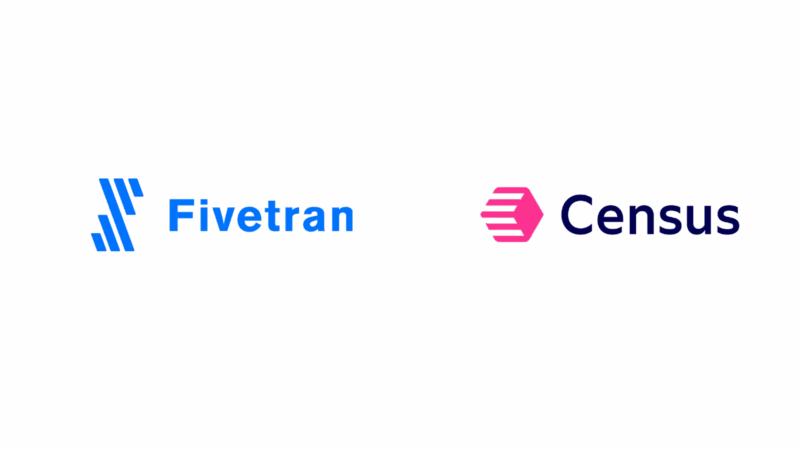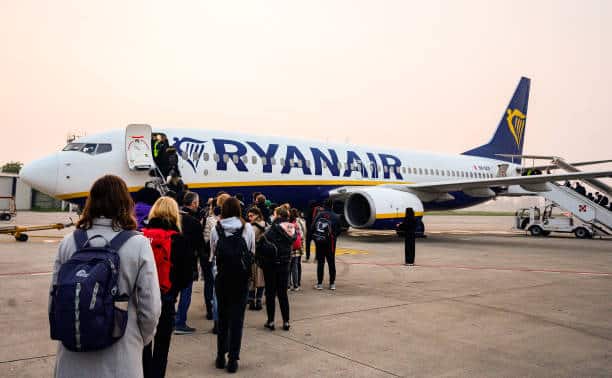Seafarers' minimum wage to rise to $690 by 2026

THE International Labor Organization (ILO) has brokered an agreement within its Joint Maritime Commission to raise the global minimum monthly wage for seafarers to $690 by January 2026, a 6-percent increase from the current $673 (which took effect in January 2025). This decision, reached during negotiations in Geneva on April 14-15, 2025, is pending formal approval by the ILO Governing Body in November.
The agreed terms also include subsequent increases to $704 in 2027 and $715 in 2028. This phased increase reflects a commitment from both shipowners and seafarers to fair treatment and decent working conditions amidst global economic uncertainty.
Stakeholders lauded the collaborative approach within the ILO Joint Maritime Commission, a unique platform uniting seafarers' unions and shipowners, as crucial to achieving a balanced outcome. The maritime sector uniquely holds a formally recognized global minimum wage since 1958, underscoring the international acknowledgment of seafarers' vital role in global commerce. While specific reactions from the International Transport Workers' Federation (ITF) following this session are still emerging, the organization and other seafarer unions have historically advocated for fair wages that reflect the demanding nature and essential contributions of seafarers, emphasizing that the increase will improve living standards and aid in attracting and retaining skilled personnel.
Shipowners' representatives acknowledged the necessity of fair compensation while highlighting the agreement's role in providing a predictable framework for wage costs in a competitive market, emphasizing the collaborative spirit of the negotiations.
The ILO underscored the agreement's significance, stating it will help ensure minimum wages reflect current realities and that working conditions in the maritime sector continue to evolve through social dialogue. Frank Hagemann, director of the ILO Sectoral Policies Department, noted the agreement represents more than a technical adjustment, reflecting a shared responsibility for decent work at sea.
Mark Dickinson, representing seafarers, emphasized the importance of the increases and reaffirmed that free trade must include fair treatment for those who move global trade. Pål Tangen, representing shipowners, highlighted the positive change for seafarers while considering the uncertainty in the global shipping market. The agreement follows a methodology adopted by the JMC in 1991, which considers data from major seafaring nations, exchange rates, and consumer price trends.
This agreement, which follows the fifth meeting of the Special Tripartite Committee on the Maritime Labor Convention earlier in April, further highlights the sector's ongoing commitment to dialogue, cooperation, and fair labor standards. The pending approval by the ILO Governing Body is expected to be a formality, paving the way for a significant step forward in ensuring fair compensation for the world's seafarers.
What's Your Reaction?
 Like
0
Like
0
 Dislike
0
Dislike
0
 Love
0
Love
0
 Funny
0
Funny
0
 Angry
0
Angry
0
 Sad
0
Sad
0
 Wow
0
Wow
0








































